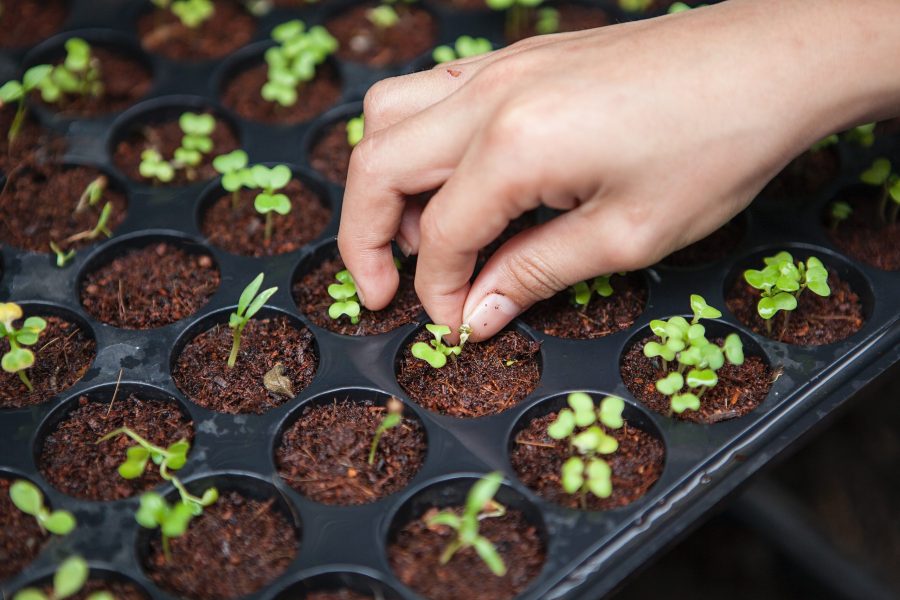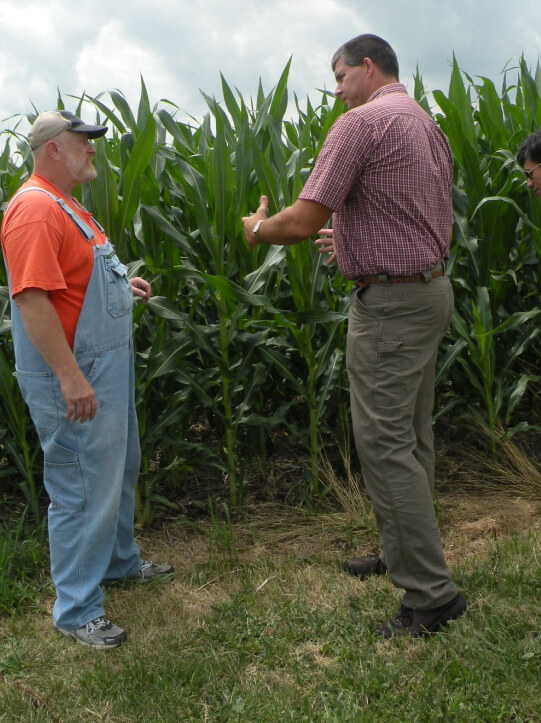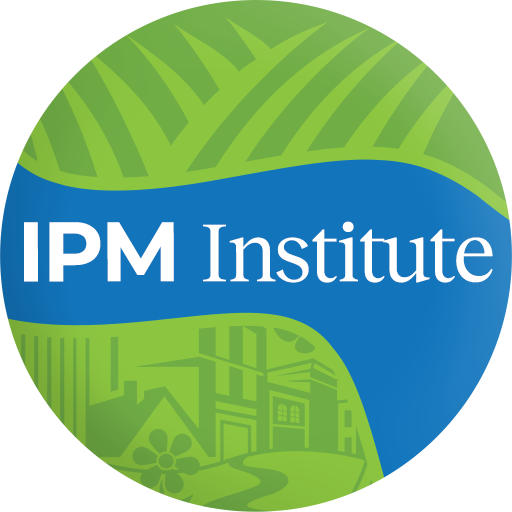About Us
Committed to Community & Agriculture
We have more than 25 years of experience in Integrated Pest Management (IPM) and reducing pesticide use and risks. Anticipating a growing demand for sustainability programs that go beyond a focus on IPM, our focus expanded over the years to encompass a broad range of agricultural sustainability issues. Our work grew to include partnerships and projects with food and agricultural companies along the supply chain, from growers to packers and processors to retailers.
Our work includes a range of projects to increase practices that improve working conditions, reduce greenhouse gases, improve air quality, water quality and soil health and reduce risks to health and the environment from pesticide and nutrient use in agriculture and communities.


Our Branches
We Turn Ideas Into Action
Sustainable Food Group
Sustainable Communities Group
Our Services & Certifications
Growing Sustainability in Agriculture & Communities
Defining Our Path
The National IPM Roadmap Definition
Integrated Pest Management (IPM) is a sustainable, science-based, decision-making process that combines biological, cultural, physical and chemical tools to identify, manage and reduce risk from pests and pest management tools and strategies in a way that minimizes overall economic, health and environmental risks.
Agricultural IPM and Community IPM differ in many ways but share the same basic principles of prevention, monitoring, careful analysis of risk and risk-reduction.
Get Involved
Help Create Sustainable Change
Make a Donation
Your contribution will support our work to reduce pest and pesticide risks in agriculture and communities.



